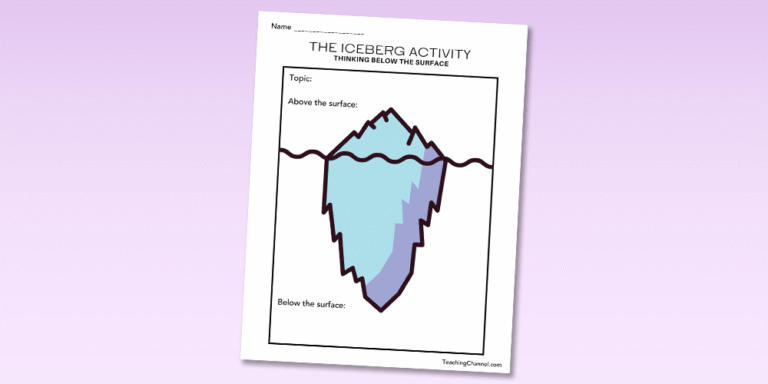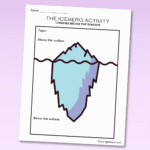In today’s digital reality, our students are more distracted than any other time in human history and it can have a costly impact in the classroom. This “brain-drain of disruption” as defined by researchers at Carnegie Mellon, found there was a 20% drop in cognitive testing scores between those who were distracted versus those subjects who were focused. Distraction, or the inability to manage it, could account for the over 30% of students who fail to achieve basic reading proficiency by fourth grade and an even higher number (55%) for those students who attend high-poverty schools. These findings suggest that K-12 students who are unable to manage themselves to avoid distractions are less likely to achieve academic success.
The Self-Regulation and Learning Connection
Students who are aware of, use, and adjust their abilities to self-regulate are more likely to invest effort into learning. Self-regulation for learning is the balancing of affect (feelings), behaviors (actions) and cognition (thinking), or the ABCs of learning. In the development of literacy and learning, owning, managing, and adjusting one’s ABCs can have a substantial effect on learning and self-efficacy.
What is Self-Regulation for Learning?
Teaching students how to manage their affect, behavior, and cognition (or ABCs) is a critical aspect of achieving learning autonomy. Self-regulation for learning is the self-generated management of feelings, behaviors, and thoughts that assist us in attaining personal and academic goals. Let’s look at the ABCs more deeply.
A = Affect
- How students feel about a learning setting determines the focus of their attention. Emotions are the chemical reaction within the limbic system of the mid-brain (the “emotional center”). These chemical reactions are natural to our brain’s processing and survival systems. These emotions signal our body and pre-frontal cortex (the “thinking center”) to respond. These responses are called “feelings”.
- There is a strong connection between a child’s lived experiences and their success in literacy development. For example, children who grow up with books around the house and being read to have a much greater adoption. Conversely, children who have negative experiences with reading and literacy or consider it as “work” and not enjoyable can impede their academic progress (Gallagher, 2009; McKenna, et al. 2009).
B = Behavior
- How students manage themselves in the classroom is considered the behavioral aspect of self-regulation. These actions include learning strategies and skills; and physical and behavioral management techniques, such as following classroom procedures. Researchers Paris & Paris (2001) found that effective teachers can promote literacy skill attainment by encouraging their students to develop self-regulated strategies. We can teach students to deliberately modulate their responses to external and internal stimuli by providing them with specific skills for persisting on academic tasks and completing work independently.
- Teaching students how to organize themselves prior to, during, and after instruction is one of the many tools of behavioral self-regulation. For example, when developing literacy skills, when teachers provide strategies and model reading and writing practices these actions foster student confidence.
- Developing healthy behaviors and habits of reading can have a positive effect on their desire to read more, for example,
- Giving students choices in what they read increases the motivation to read,
- Students should be taught how to select appropriate (just right) reading materials, so they feel confident in their reading abilities,
- Use literature circles, book clubs, readers’ workshops, guided reading, and other effective practices in developing solid habits of reading.
C = Cognition
- Cognition is the term used for the mental process of learning. Simple cognition is the recognition of sensory inputs, such as awareness of smells, sounds, tastes, etc., movement, and the recall of factual information. Whereas complex cognition is the higher levels of thinking including abstractions of thought in critical reasoning, interpretation, and creativity. The more often students are provided with experiences that encourage complex thinking beyond factual retrieval the more likely they will be to use advanced levels of thinking more fluently.
- This is why it is more beneficial to encourage questions that promote the most advanced level of cognition is meta-physical cognition, or “thinking beyond the self”. As such, when literacy development and learning are grounded in essential questions, students make connections between what they are learning and can make it personally meaningful, greater academic achievement is realized. In short, reading and writing become personally meaningful.
What Educators Can Do
- Provide opportunities for students to discuss their reading and writing with their peers.
- Model strategies for reading and writing and give students the opportunity to practice and develop newly acquired skills.
- Give students writing opportunities that can be personalized.
- Use essential questions as the focus rather than overemphasize skills.
When the ABCs of self-regulation are integrated with reading and writing instruction, we create learning opportunities where students are engaged and successful readers, writers and thinkers.








